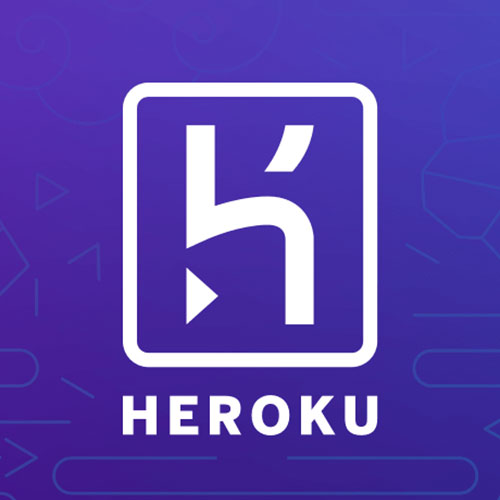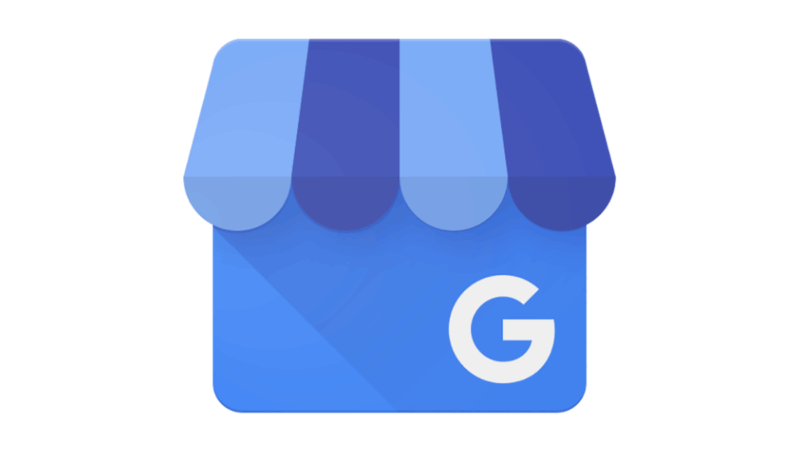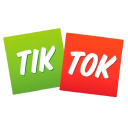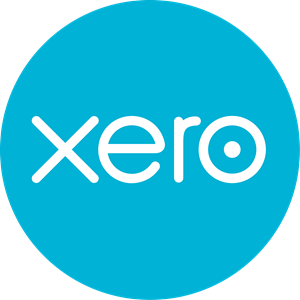From Living On $150/Week To Making $100k/Month: How My Business Helps Kiwis Find Better Deals And Save Money
Hello! Who are you and what business did you start?
Hey everyone, I’m Denis and I’m the co-founder of Glimp. A business that we started 7 years ago. During that time, I survived on $150 per week for a year, volunteered at Rio 2016 Olympics, lived in 10 different countries and visited more, made lots of friends, and memories, and of course, built a 7 figure business. So, let’s talk business!
We are a utilities, financial products, and insurance comparison website in New Zealand.
Think Skyscanner or Kayak, except in the industries I mention. We help Kiwis (that’s what you call New Zealanders) find better deals and save money. We do this by negotiating exclusive offers and presenting them as easily and as straightforward as possible. That’s the consumer side.
From the business side, we help big and small companies acquire customers. We promote their offers and get paid when customers sign up.
Today, our revenue is about USD 100,000 per month with a healthy gross margin. The goal is to make $1,000,000 profit NZD this year and then USD.
P.S. This is Queenstown, New Zealand ⬇️ You should visit.





























